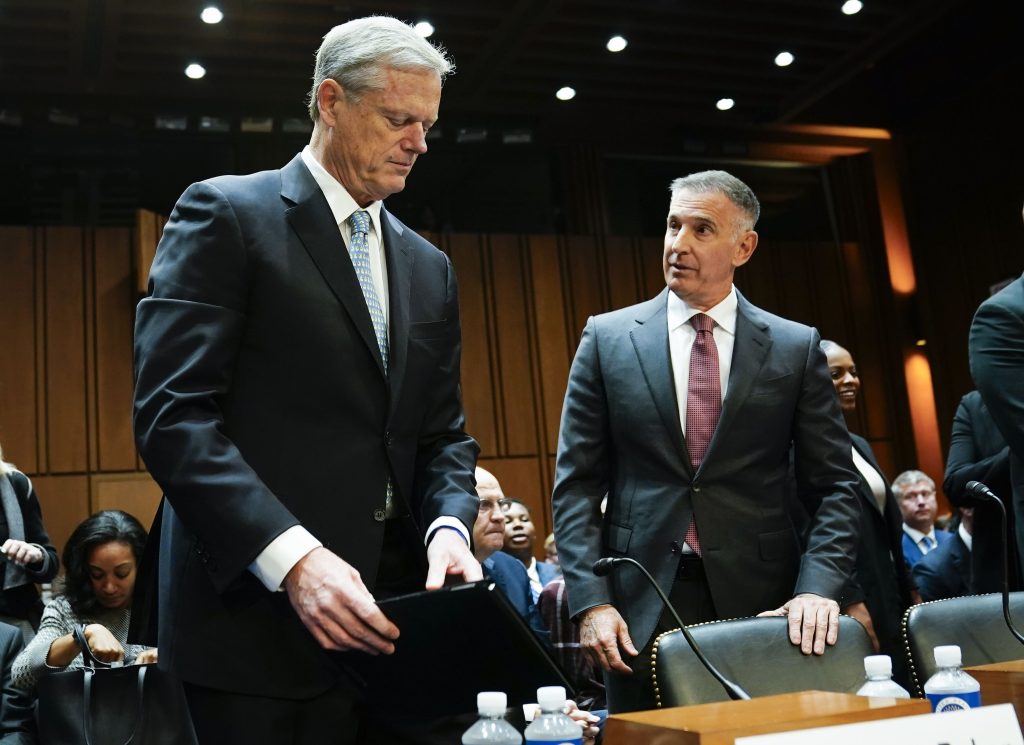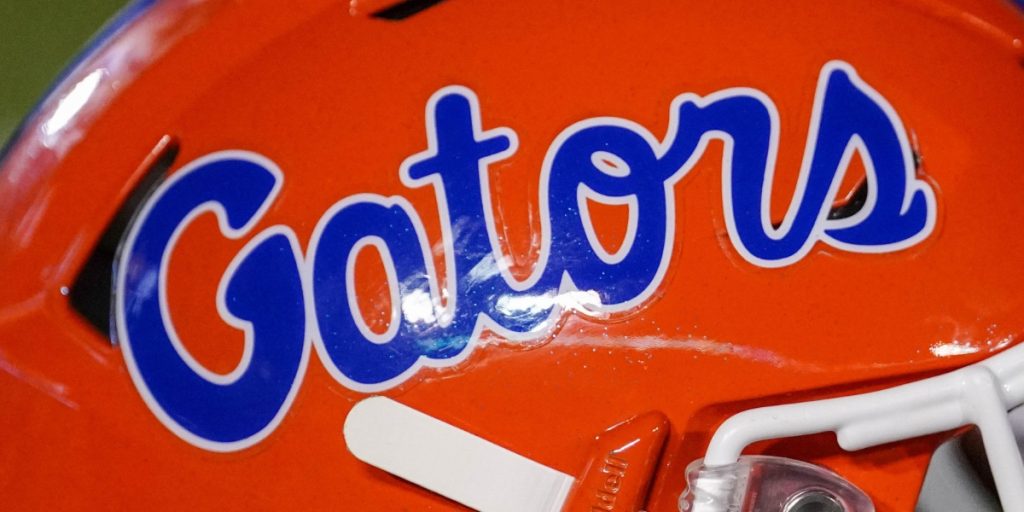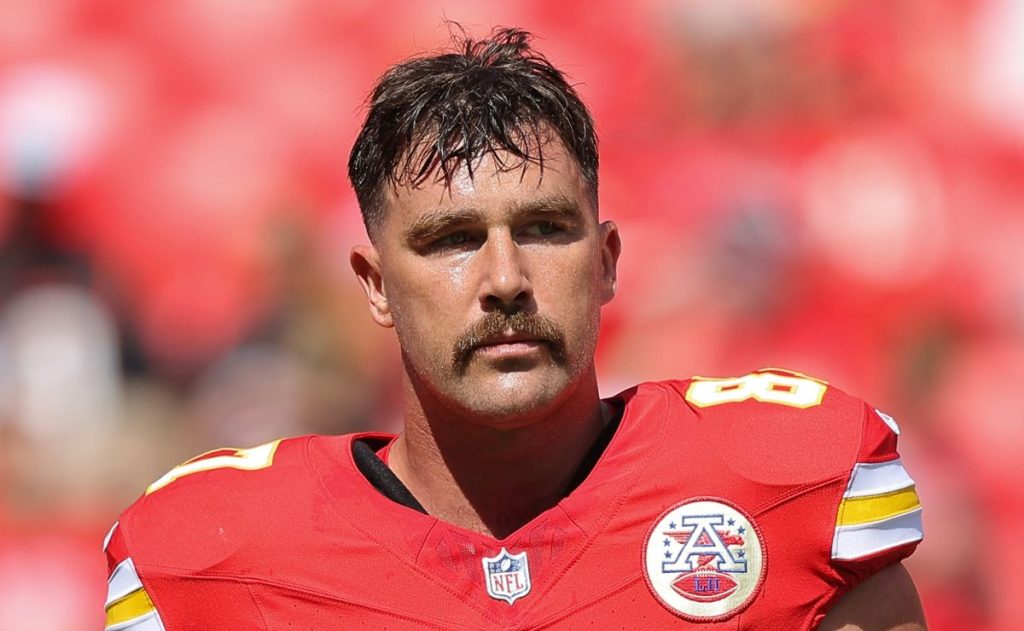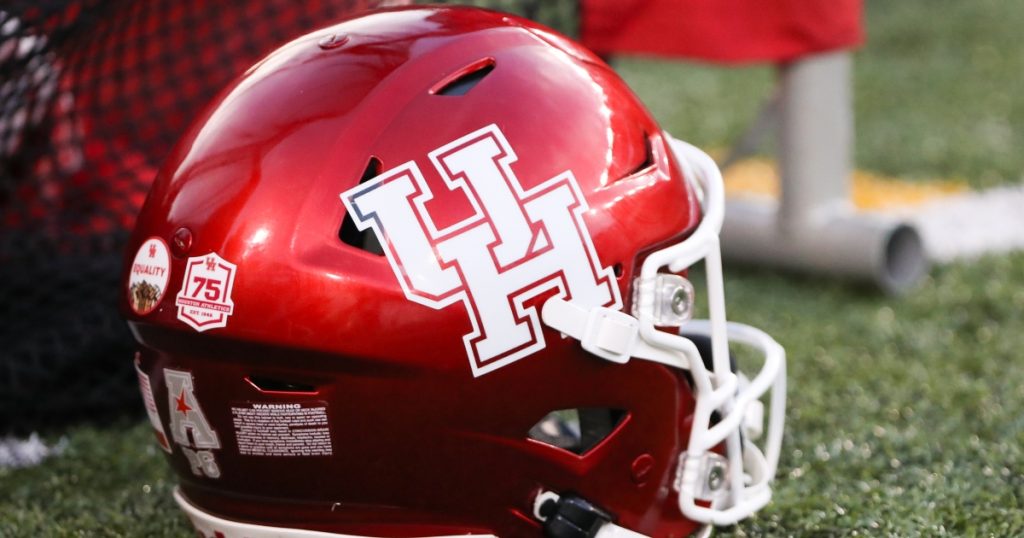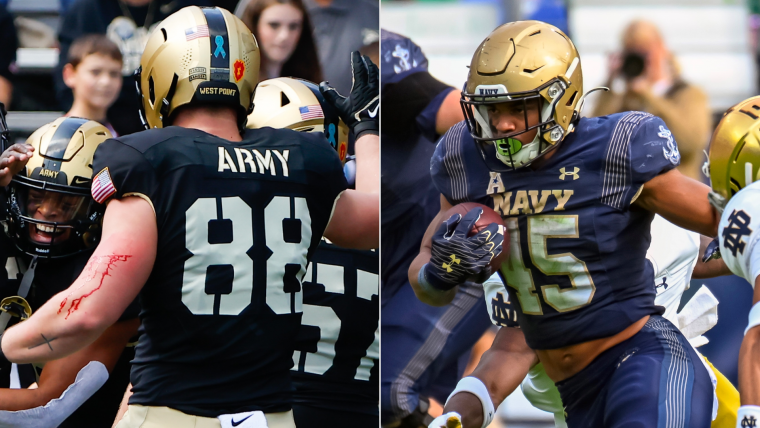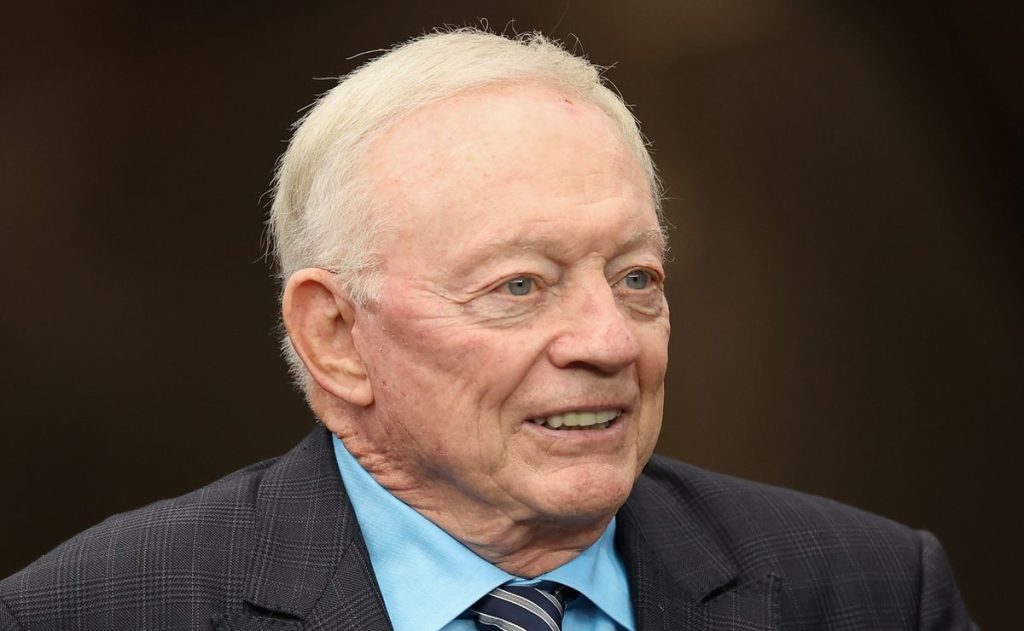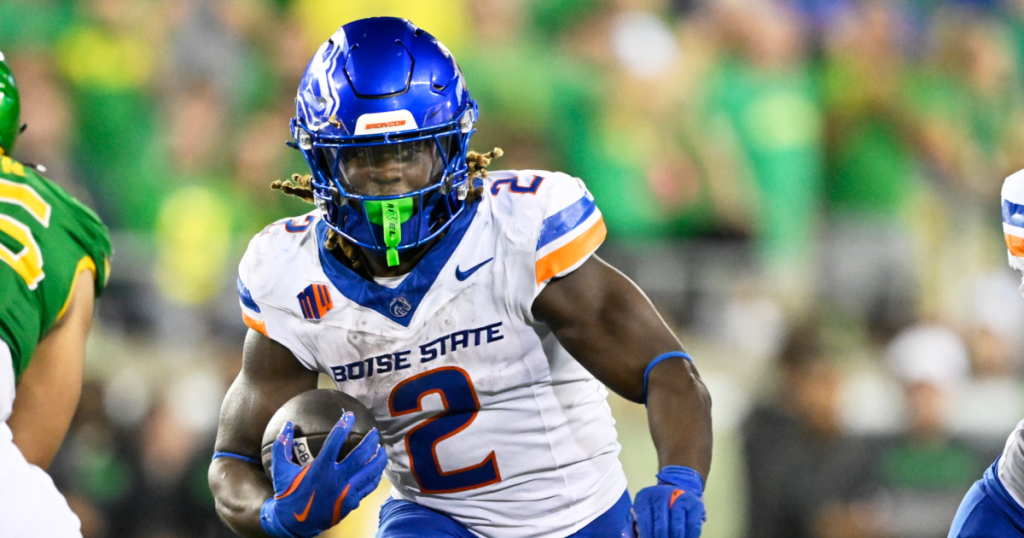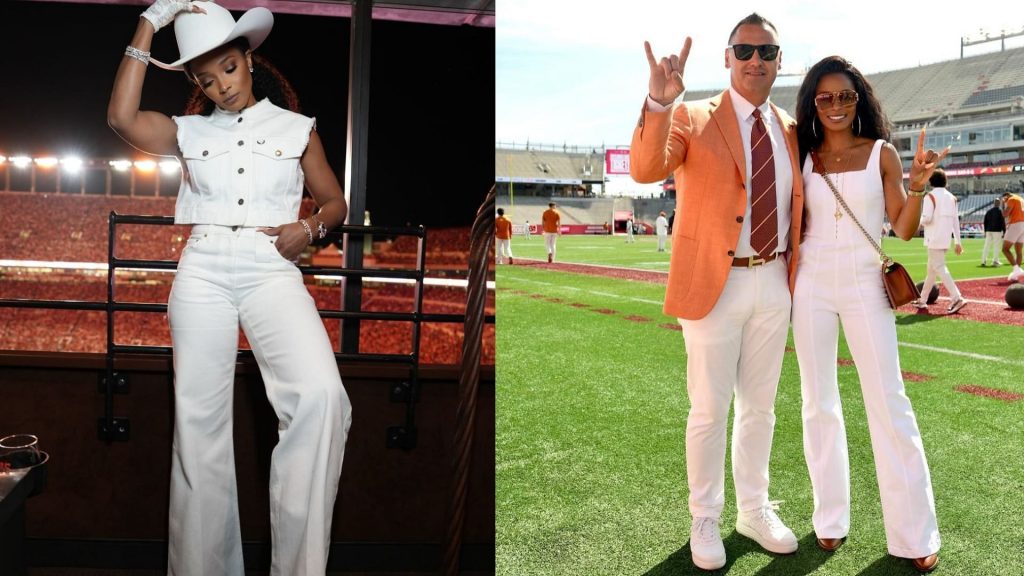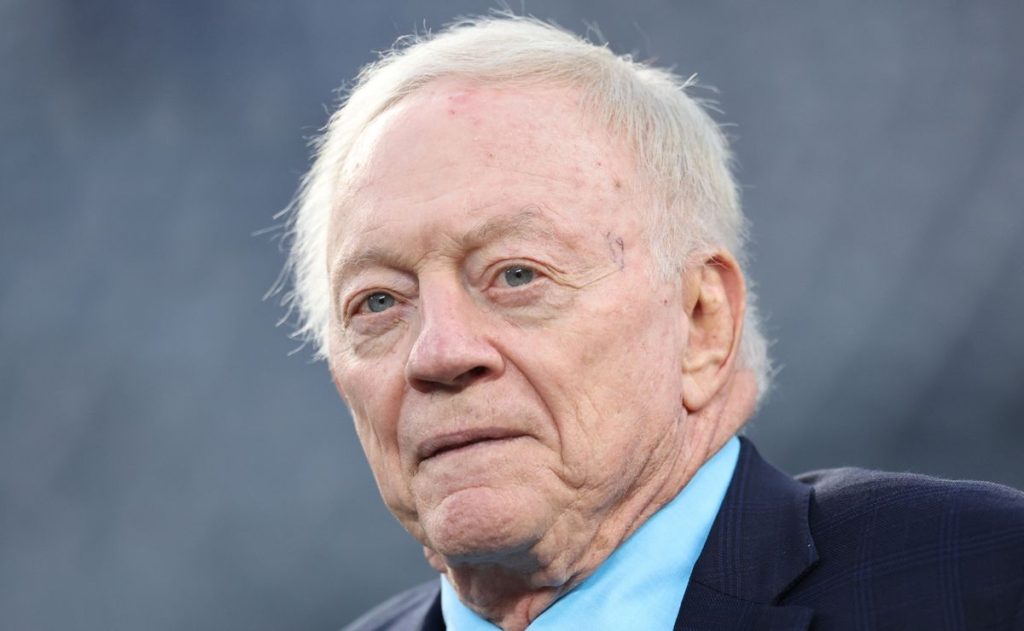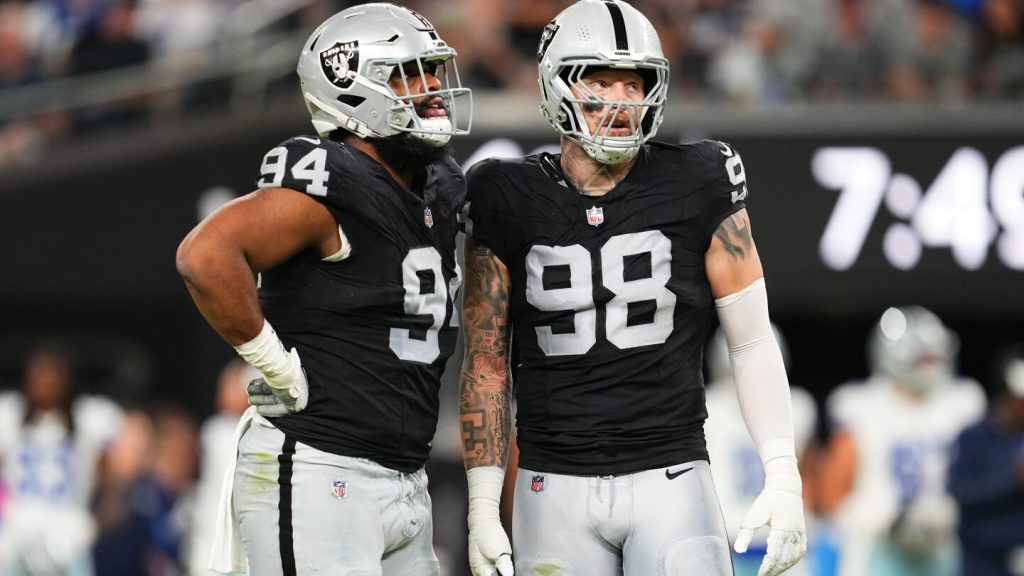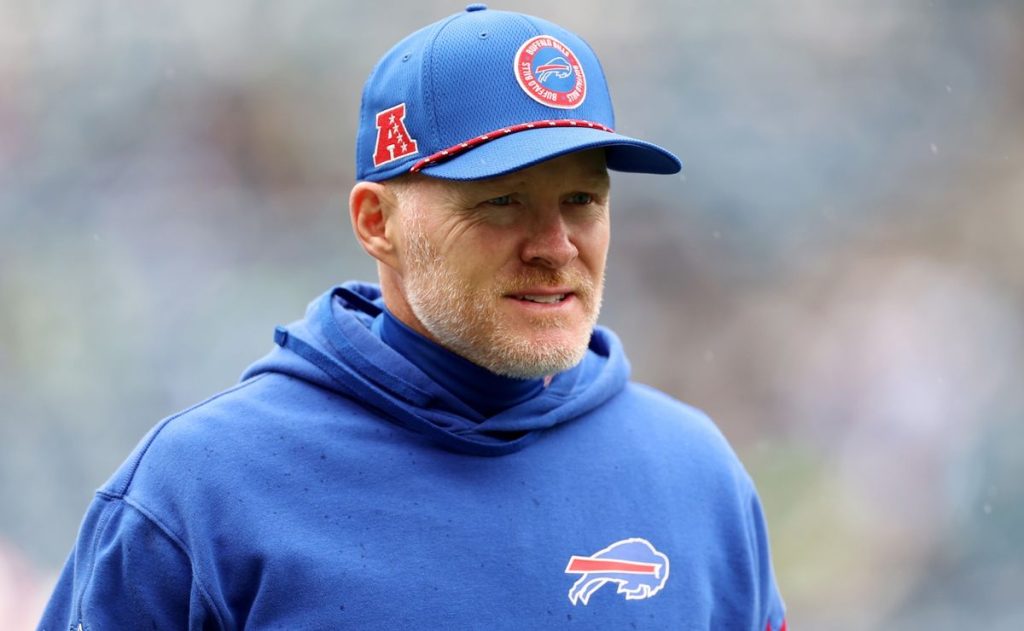The NCAA and Big Ten are facing a significant legal challenge as over 300 former Michigan football players band together to seek justice. These ex-Wolverines are demanding $50 million for the unauthorized use of their names, images, and likenesses (NIL) on television. The lawsuit has sparked intense discussions about the rights of college athletes and the financial implications of their contributions to the sport.
Understanding the Lawsuit
The former Michigan players claim they have been deprived of compensation for the use of their NIL for decades. This includes profits made from the sale of their jerseys and the ongoing rebroadcast of Michigan games, which they argue has been done without their consent. The lawsuit, which originally began with four players—Braylon Edwards, Denard Robinson, Michael Martin, and Shawn Crable—has now expanded to include over 340 former athletes who played for the Wolverines between 1969 and 2015.
The NCAA and Big Ten’s Response
In response to the lawsuit, the NCAA and Big Ten have filed a motion to dismiss the case, asserting that the claims made by the plaintiffs are without merit. Their legal filing argues that the plaintiffs’ claims are “all time-barred,” referencing a four-year statute of limitations on antitrust claims. They contend that the proposed class definition ends in 2016, meaning the allegations of misconduct date back eight years or more, which undermines the validity of the lawsuit.
The Players’ Perspective
Sports lawyer and agent Jim Acho, who is representing the group of Michigan alumni, emphasizes that the motivation behind the lawsuit is not just financial. “An overwhelming number of players—almost all of whom are financially successful, I might add—reached out, wanting to join this lawsuit because they said it was out of principle,” Acho stated. He highlighted that these former athletes feel strongly that money was made off their backs without proper acknowledgment or compensation.
The Impact of NIL Policies
The introduction of NIL policies in college sports in July 2021 marked a significant turning point for athletes, allowing them to profit from their personal brand. However, prior to this change, college athletes had no legal means to earn money from their likenesses. This lawsuit brings to light the ongoing debate about the rights of college athletes and the ethical implications of their treatment by institutions that profit immensely from their talents.
What’s Next for the Lawsuit?
As the case unfolds, it will be crucial to watch how the courts respond to the arguments presented by both sides. With the NCAA and Big Ten pushing for dismissal, the outcome will hinge on legal interpretations of the statute of limitations and the validity of the players’ claims. The stakes are high, not just for the plaintiffs but for the future landscape of college athletics.
A Call for Change in College Sports
This lawsuit is more than just a financial dispute; it represents a broader call for change within college sports. The players are not only seeking compensation but also aiming to make a statement about the treatment of athletes in the NCAA system. As Jim Acho pointed out, “It was unlawful. It was unethical. And these men want to make a statement.” This sentiment resonates with many former athletes who feel their contributions have been overlooked for far too long.
Conclusion: The Future of College Athletics
The outcome of this lawsuit could set a precedent for how college athletes are treated and compensated in the future. As the legal battle continues, it raises important questions about fairness, ethics, and the rights of athletes who have dedicated their lives to the sport. Will this be the turning point that leads to greater recognition and compensation for college athletes? Only time will tell, but one thing is clear: the fight for justice is far from over.

